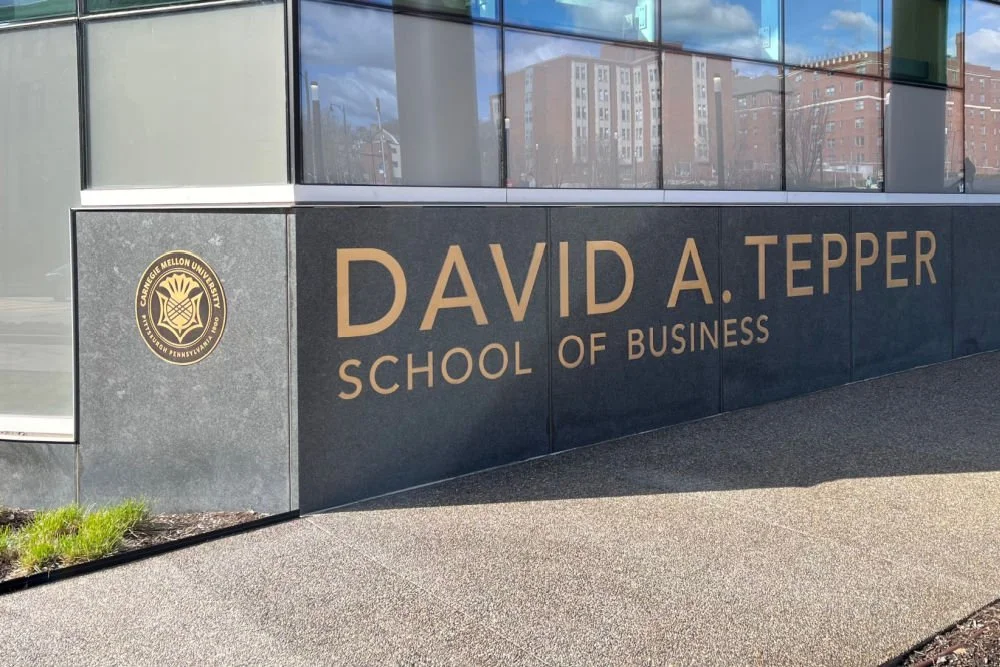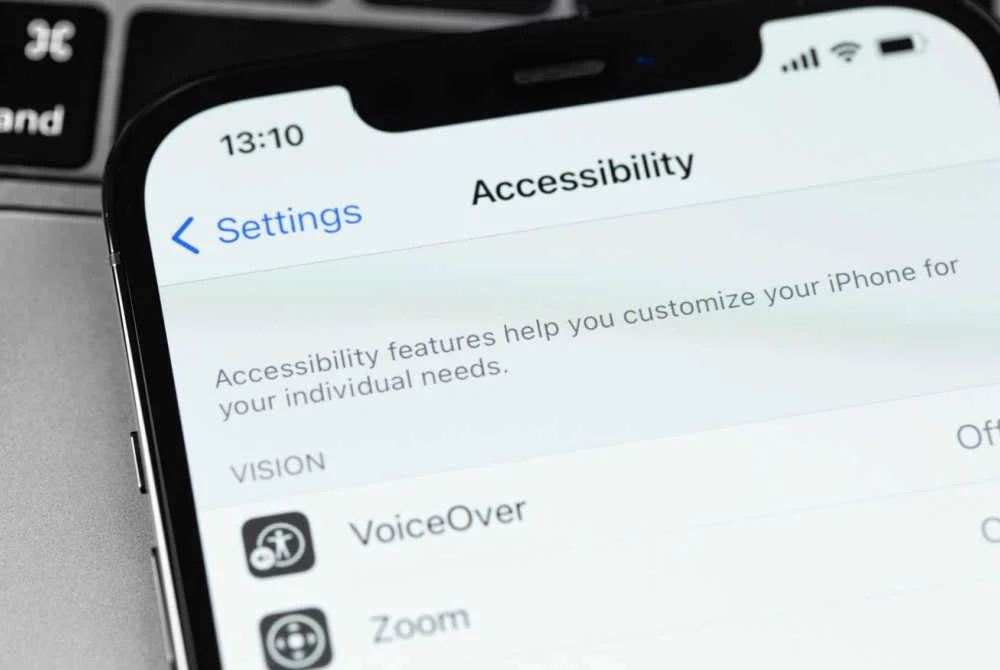A Major Bank Doubles Down on Helping Workers, But With Strategies That Only Go So Far
/QualityHD/shutterstock
When JPMorgan Chase launched its New Skills at Work initiative in 2013, the financial giant was just beginning a major overhaul of its philanthropic approach. In the half-decade since then, New Skills at Work has been one key part of a revamped giving strategy that draws on the bank’s sizable resources to move the dial on two interrelated goals: workforce and community development.
This week, the firm leaned in further. It’s committing another $350 million to workforce development over the next five years, with a particular focus on the education and training pipelines that equip workers with “high-demand digital and technical skills” suited to a shifting economy. As CEO Jamie Dimon put it, “The new world of work is about skills, not necessarily degrees. Unfortunately, too many people are stuck in low-skill jobs that have no future and too many businesses cannot find the skilled workers they need.”
Dimon isn’t wrong. While national employment numbers look good on paper (for the time being), around half of all U.S. jobs pay under $18 an hour, and millions make even less. In the urban areas where banks like JPMorgan Chase tend to focus their funding, people of color, immigrants and women most often fall into that category. And outside the cities, the hollowing out of traditional industries has given rise to stark white rural poverty. JPMorgan Chase is only one of a whole bunch of funders—particularly from the corporate sector—who’ve alighted on closing the skills gap as a means to address the issue.
The bank’s big new commitment builds on five years of New Skills at Work funding, amounting to some $300 million to 738 partners in the U.S. and abroad. Of the additional $350 million JPMorgan Chase is putting forward, $200 million will fund new educational and training systems, while another $125 million will support existing investments. Community colleges are one focus area. Announcing the commitment, Dimon emphasized the need to “remove the stigma of a community college and career education,” an aim that has already driven over $50 million in support to what the bank calls “the largest job training providers in most U.S. communities.”
That continued funding stream will be welcome. As we’ve seen, community colleges often get the short end of the philanthropic stick. Over the next three years, JPMorgan Chase will also support the Aspen Institute’s College Excellence Program as it works with community college presidents to improve graduation rates and foster better job opportunities for graduates.
At local colleges, as well as employment-oriented nonprofits, likely strategies include connecting young people with prospective employers and exposing them to middle-skill jobs. Bridge programs, which get students up to speed for technical training, are a common strategy, as is mentoring. JPMorgan Chase and its corporate peers have also invested in tech platforms to facilitate communication between job seekers, employers and educators.
Research is another component of New Skills at Work that will continue as the new funding kicks in. A total of $25 million will power an effort to build workforce data profiles of 10 U.S. cities, work that involves such organizations as PolicyLink and the National Fund for Workforce Solutions. The goal is to develop recommendations for education and training that can address demographic disparities.
Finally, the next phase of New Skills at Work will apply a skills-based career development approach to JPMorgan Chase’s own workforce. The bank is partnering with the MIT Initiative on the Digital Economy to better align its employees with roles that fit their skillsets—especially in tech positions—as well as “increase mobility for workers and identify opportunities for upskilling or reskilling.”
As we’ve discussed in the past, workforce development funding from big corporations is partially self-interested. With physical branches dotting America’s cities, major banks benefit from a skilled urban labor pool and have an obvious interest in competent employees. It’s no wonder we’ve seen skills commitments from Citi and Bank of America, and even places like Walmart. Tech giants like Google and Microsoft, as well as funders derived from tech like the Ballmer Group, have also backed workforce skills development, highlighting something of a corporate consensus that this strategy makes sense.
But will it pan out in the long run? According to its own estimates, JPMorgan Chase has served nearly 150,000 people through New Skills at Work over the program’s first five years. That’s no small figure, and seeing as lots of companies (not to mention foundations and individual donors) are getting behind this kind of work, there’s little doubt that this funding propels a good number of people toward better careers. Still, in an America where tens of millions of workers make under $15 an hour, the impact of these efforts is limited.
Meanwhile, factors like automation, globalization, monopolization and decades of attacks on labor unions and labor regulations have stacked the deck against low-income workers. Major companies have largely benefited from those structural factors, not to mention the Trump administration tax cuts that spurred JPMorgan Chase to up its giving last year. Most have little interest in championing policy reforms that are needed to improve the situation of U.S. workers—like a higher minimum wage and paid family leave—even as many firms back upskilling efforts. While some corporations, including JPMorgan Chase, have announced voluntary wage hikes for low-income workers, worker organizations such as the Committee for Better Banks say that these steps don’t go nearly far enough—especially in light of the record profits earned by leading U.S. companies.
In the face of growing income inequality, the majority of both corporate and private philanthropies still favor adaptational strategies like workforce development over backing deeper—and far more controversial—structural fixes.
Related:







































